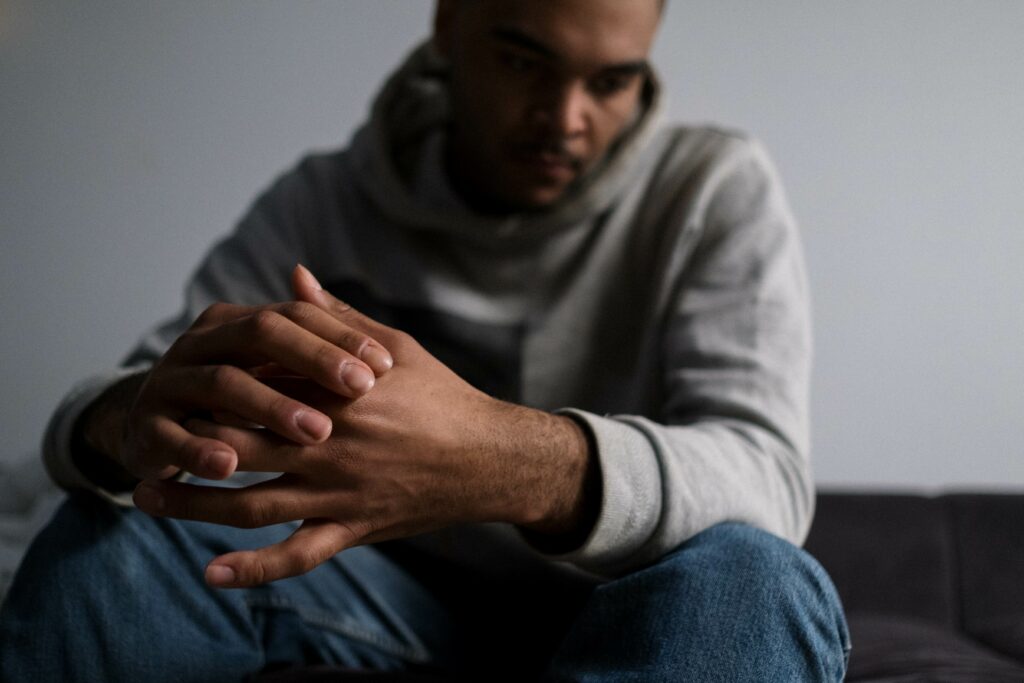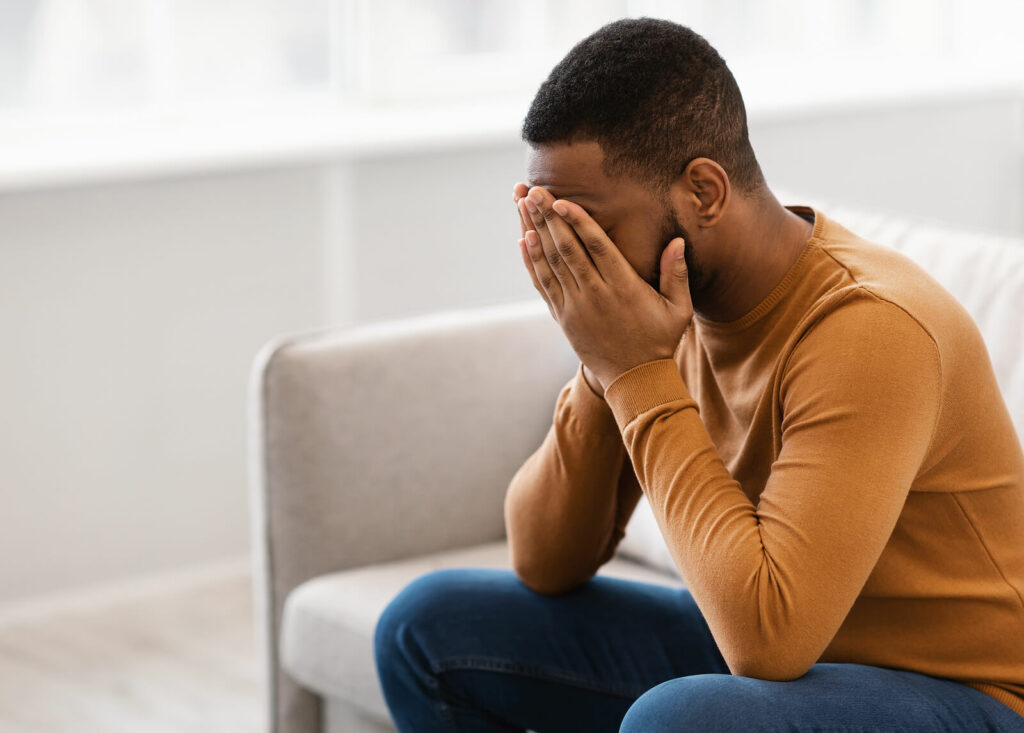Over the years, as a trauma therapist, I’ve worked with many patients who’ve lost a loved one to suicide. Losing a loved one is one of life’s most profound and painful experiences. When that loss occurs due to suicide, the grieving process can become even more complex and challenging. Today we will explore the common reactions that people often experience when they lose someone to suicide, with the hope that understanding these reactions can help remind us that this complex type of grief shows up in a variety of ways. Additionally, please know that suicide can be a difficult topic to discuss. Reaching out to a provider who specializes in traumatic loss can be a valuable resource to consider.
Suicide: Shock and Disbelief
The initial reaction to learning about a loved one’s suicide is often shock and disbelief. The news can be so overwhelming that it’s difficult to absorb, leaving individuals in a state of numbness and denial. This initial phase is the mind’s way of protecting itself from the intense pain of reality.
One of the most common emotional reactions to suicide is guilt and self-blame. Survivors may question if there was something they could have done to prevent the tragedy. This self-blame can be all-consuming, even if there is no way to foresee or prevent the suicide. It can be a very painful way of trying to undo what has already been done.
Survivors Often Feel Anger and Confusion
Suicide often leaves survivors feeling a mix of anger and confusion. They may be angry at the person who took their own life, at themselves, at the situation, or even at the world in general. This anger is a natural response to the overwhelming sense of loss. Confusion often happens as we try to apply our own thinking patterns to the person who died by suicide. While these are normal reactions and part of the grieving process, getting stuck in any of these emotions can cause additional distress to survivors.
Societal Stigma Compounds the Grief of Survivors
In some cases, the stigma surrounding suicide can compound the grief. Survivors may feel ashamed to discuss the circumstances of their loved one’s death, fearing judgment and misunderstanding from others. This shame can isolate them from much-needed support. Shame is an aspect of suicide I see most often and prevents survivors from seeing their own help and grieving the tremendous loss.
Grief following a suicide can be tremendous. Feelings of sadness and despair can be overwhelming, leading to persistent low moods, changes in sleep patterns, and a sense of hopelessness. While sadness and grief are normal emotions to feel following a suicide, It’s essential to reach out for professional help if these symptoms persist.
Survivors often experience a mix of emotions, sometimes simultaneously. They may feel love, anger, sadness, and relief all at once. This emotional turmoil is part of the complexity of grief after a suicide. It can be tiring holding many strong emotions at the same time.
Survivors May Face Social Isolation
The loss of a loved one to suicide can sometimes result in social isolation. Survivors may withdraw from social activities and relationships, feeling like they don’t fit in or that no one can truly understand their pain. With sadness, there is an urge to isolate to regroup before resuming normal activities. However, if this lasts, it can lead to deeper depression and trauma. It’s crucial to encourage and provide support at this time.
Survivors and the Need to Find Answers
Many survivors of suicide grapple with an intense need to find answers. They may ruminate on the reasons behind the suicide, searching for clues in the person’s behavior, last words, or any available information. Finding answers can provide a sense of closure, though they may never fully understand why it happened. Understandably, this can be frustrating, and learning to grieve without all the answers is possible and survivors may find grief/trauma work with a professional helpful during this process.
If you or someone you know has lost a loved one to suicide, please know that hope and healing are possible. Reach Out to a Trauma Therapist in Ohio.
Understanding these common reactions to losing a loved one to suicide is crucial in offering support and compassion. It’s essential to create an environment where survivors feel safe discussing their feelings without judgment. Seeking professional help and connecting with support groups can provide the guidance and understanding needed to navigate the complex grieving process. Remember that healing takes time, and there’s no one-size-fits-all approach to coping with the loss of a loved one to suicide.
- Book a free 15-minute consultation call.
- Meet with a Thrive therapist to see if we’re a good fit for therapy.
- Reduce your PTSD symptoms and live in the present once again




